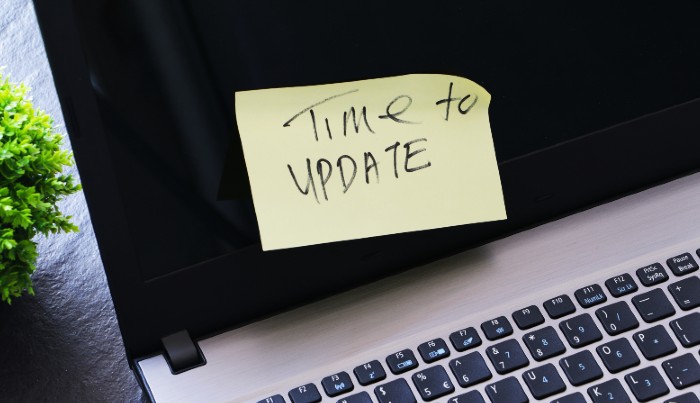Software upgrades are often fraught with understanding your upgrade path, performing the upgrade then releasing the new feature sets. But when you are met with 300 to 400 pages of upgrade release notes, that task can seem overwhelming even for the most competent system admin.
This intersection between knowledge and execution becomes even more important when automatic upgrades are only conducted three times a year ‒ as with Salesforce’s seasonal releases. During the United State’s spring, summer and winter, Salesforce releases hundreds of innovative features automatically. These upgrades are delivered in real time, with no downtime, and results in every Salesforce customer using the same version of Salesforce.
So, what does this mean for IT leaders who don’t want to start clocking up their team’s TOIL to ensure their system is ready for these seasonal upgrades? It means it’s time to outsource.
Here are four ways CRM Managed Services can make light work of seasonal upgrades.
1. Managed Services will digest the release notes for you
Many in-house system admins don’t have the bandwidth to digest all the release notes in depth to determine what impact it will have on their system. But when you have a team of 150 consultants with various levels of expertise and experience evaluating 300 to 400 pages of release notes, there is a 100% chance you will know how these upgrades will affect your system ‒ and ultimately your business operations.
2. Managed Services removes the risk
As we just saw with the Salesforce Winter ‘21 Release, there were a few bugs that needed to be ironed out before pressing the go live button.
Our Managed Services team was one of few parties who identified from the release notes that the Winter ‘21 release didn’t cater for the change in daylight savings time. Without this fix being made, companies would have been open to the risk of things being sent an hour early or an hour late.
3. Managed Services will do the testing
With seasonal updates being automatic and released to all businesses at the same time, being able to test the impact of the upgrades before they happen can give your business an edge over your competitors.
We’ve seen businesses be slowed down by custom coding too many times. Any configuration that is running in the background has the potential to break if it doesn’t work with the new upgrades. If custom code and integrations are business critical, we go in, test it and do any necessary changes to ensure it won’t cause a headache come upgrade day.
4. Managed Services will think beyond the upgrade
While it is all well and good to be prepared and make changes each seasonal update, the real value in having a Managed Services team oversee the seasonal updates is the long term thinking.
Our Managed Services team looks at the technical aspects to determine how and what we can build on so you can avoid getting bogged down by future updates. We don’t wait for things to break, we look down the road for any bumps so when the next seasonal update comes along it takes less time to fix things.
Now that you know how Managed Services can help make light work of Salesforce seasonal releases, we want to share our favourite Winter ‘21 Salesforce CPQ updates and why they are so useful.
- Salesforce CPQ Recommended Products Plugin
The plugin will enable a new button on the Quote line editor, helping users add recommended products based on the ones they have already added to the Quote. - Orders Without Opportunities
With this upgrade there is no longer a need to programmatically create Opportunities in the background of a quote. - Better user experience via dynamic control of Quote fields
This very handy feature now allows admins to dynamically control the Quote field(header) users can see on the quote line editor. This is a very handy feature especially when there are multiple business units in an organisation using the same Salesforce instance.
Explore how you can do more, faster with Managed Services and Salesforce Quick Wins.






